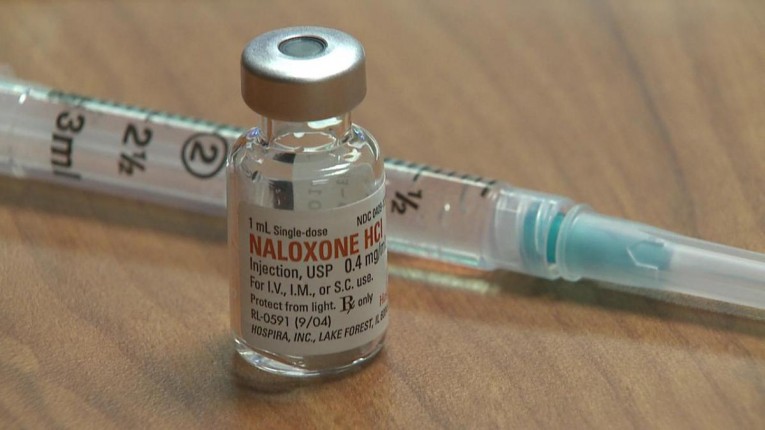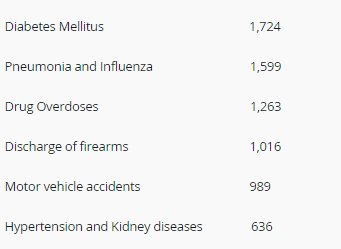The Tennessee Department of Health reports that the number of deaths from drug overdose continues to rise in Tennessee. The Department of Health released their findings for 2014, in which there were 1,263 deaths from overdose, the most the Department of Health has ever reported. The total of overdose deaths rose by nearly 100, from 2013 in which there were 1,166 overdose deaths.
For comparison, here are some other causes of death in Tennessee in 2014 (provided by TN Dept of Health):
To put this number into perspective, more Tennessean’s died of drug overdoses than those who were killed in motor vehicle accidents. In addition, the number is only slightly lower than those citizens dying of Diabetes and Pneumonia/Influenza.
The number of confirmed drug overdose deaths in Williamson County in 2014 was 18. While lower than some counties, the number is increasing for the county.
In Tennessee, the drug naloxone combined with follow-up medical treatment, can rescue a person who otherwise might be another overdose death. Healthcare providers can write a prescription and provide instructions on how the medication should be used.
In July 2014, Tennessee became the 18th state to pass a “Good Samaritan” law centered on the lifesaving medicine naloxone. Key components of the law include granting immunity from civil suit to providers who prescribe naloxone to a patient, family member, friend or other person in a position to assist giving the medicine naloxone; requiring individuals to receive basic instruction, including taking a quiz and printing the certificate, on how to give the drug; and granting a “Good Samaritan” civil immunity for administering the medicine to someone he or she believes is overdosing on an opioid.
“Emergency responders in Tennessee used naloxone 48 times last year,” said TDH Director of Emergency Medical Services Donna Tidwell.
Calling 911 after naloxone is administered is important because it only offers temporary reversal of the overdose. First responders need to know if a patient has been given the drug, this will help greatly with life saving efforts.
For complete information about naloxone, visit the American Public Health Association.
Local News




















